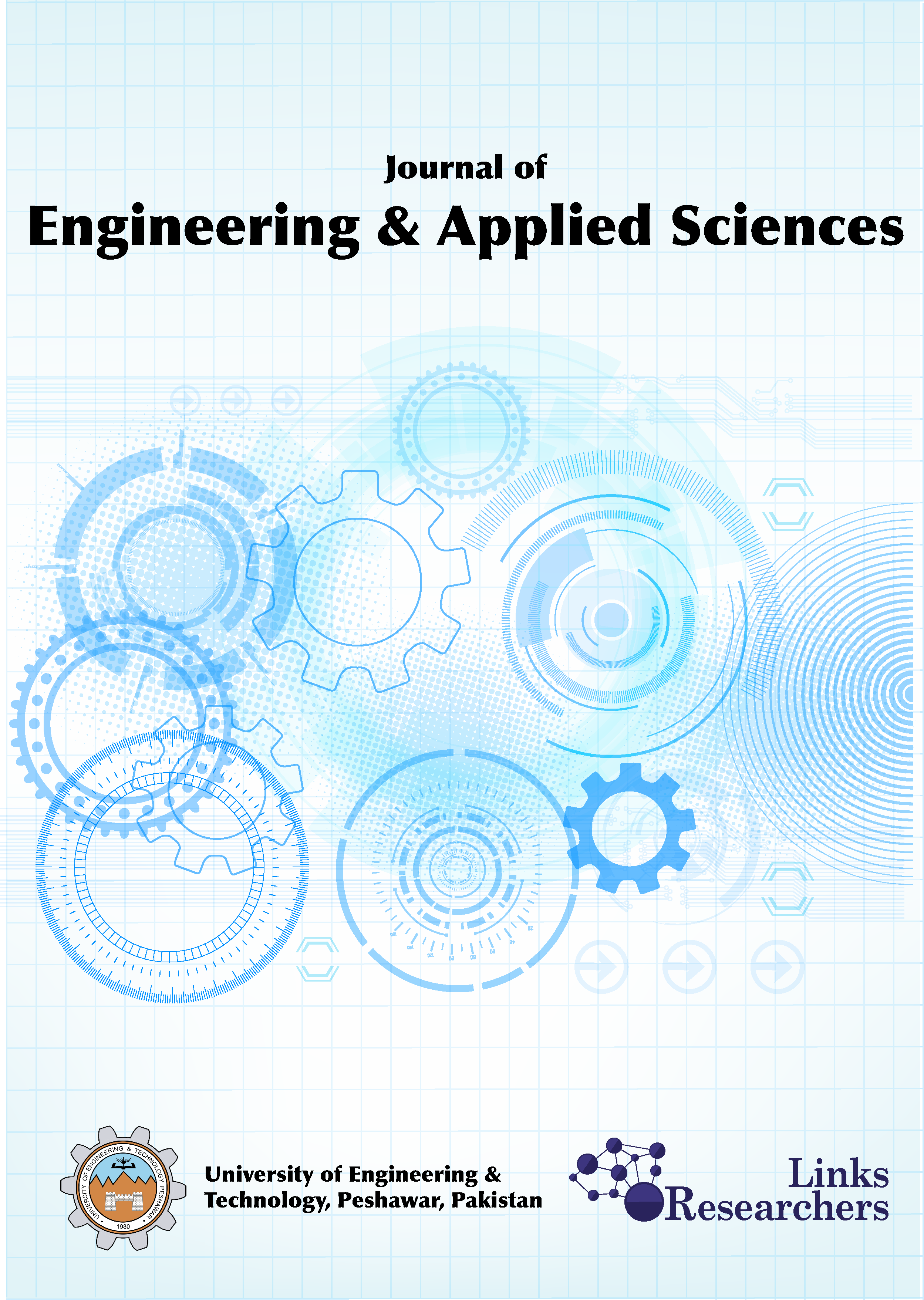EFFECT OF POROSITY ON MECHANICAL PROPERTIES OF DIE CAST ALUMINUM ENGINE BLOCK
Feroz Shah1, Mohammad A. Irfan1, Kareem Akhtar1, Abdul Shakoor1, Naeem Khan2
ABSTRACT
Casting imperfections, especially porosity in Aluminum alloy engine block plays a major role in determining the
mechanical properties. An experimental study was carried out to investigate porosity in samples taken from different
locations of the engine block, i.e. thick and thin sections. The samples were extracted from thick and thin sections of
the engine block, having section thicknesses of 20 mm and 5 mm, respectively. Mechanical testing of these samples
was carried out to show effect of section thickness and its associated porosity on ductility and ultimate strength.
The three-dimensional porosity of an AA 384.1 engine block was analyzed through computed tomography (CT) scan.
Samples from thick and thin sections within the engine block were analyzed to investigate the effect of different
cooling rates. Volumetric porosity for thin sections was within the range of 0.0875% to 0.15% while that for the thick
sections it was 0.24% to 0.35%. Mechanical properties of the samples with thin sections were compared to that of
thick sections. It was found that thin sections have higher ultimate tensile strength (UTS) and ductility as compare to
thick sections. Consequently, thin sections show lesser volumetric porosity as compare to thick sections. The results
show that the samples taken from a portion near the mould wall or cooling core have fine grain size, lesser porosity
and hence higher ductility. While the samples taken from the portions away from mould wall or cooling core has
higher porosity and lower ductility. The overall volumetric porosity for thin sections is lower than thicker sections.
To share on other social networks, click on any share button. What are these?





